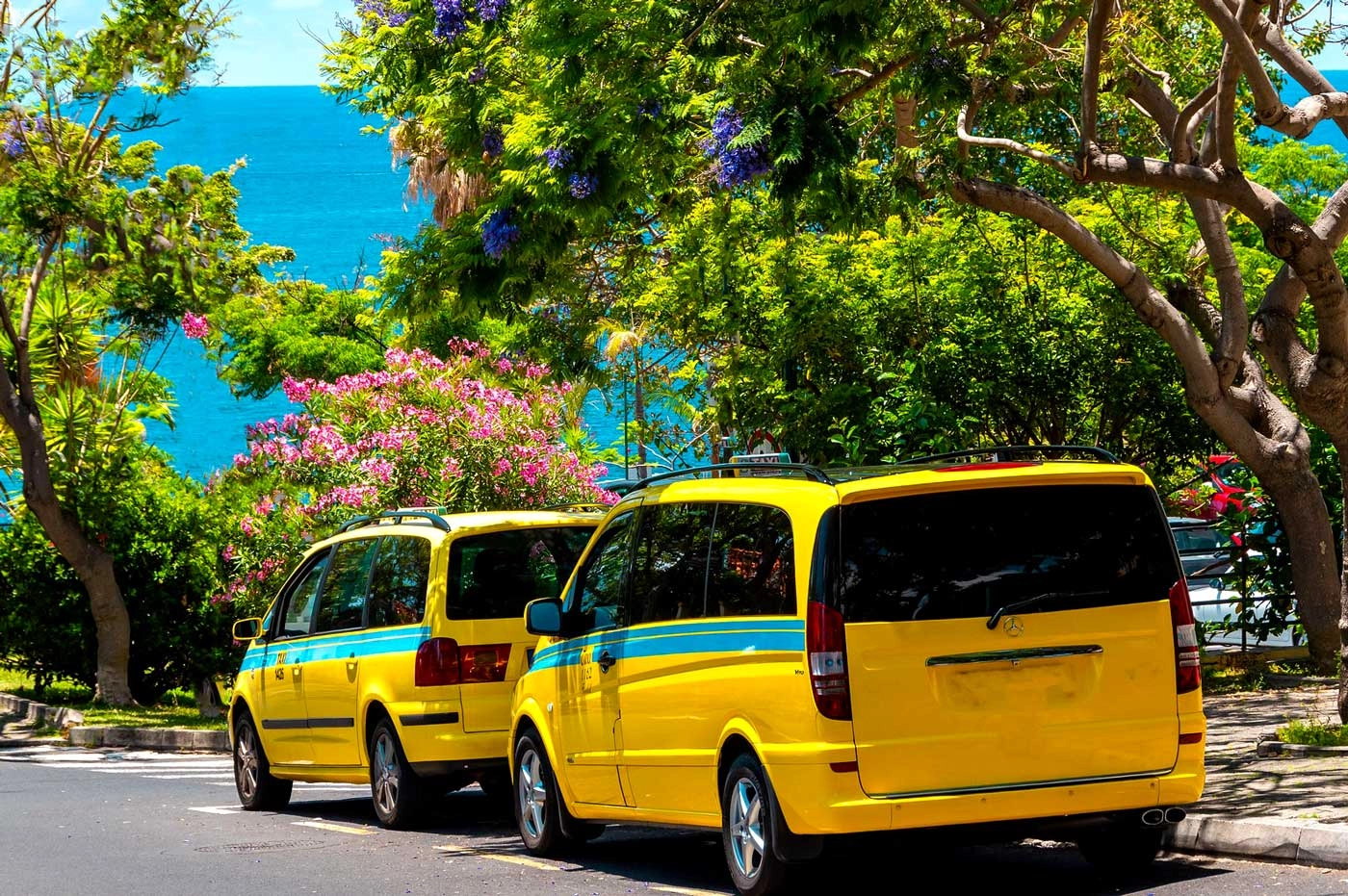Around 50 Cars Sound Horns Through Funchal Streets in Protest on September 19
About 50 vehicles took part in a horn demonstration through the streets of Funchal on Friday, September 19, in protest against the Government’s draft plan to revise labor law. The action was organized by the União dos Sindicatos da Madeira (USAM), part of the nationwide campaign promoted by the General Confederation of Portuguese Workers (CGTP).
Union Leader António Gouveia Calls New Draft Code “An Affront to Workers’ Rights”
“This new labor code is an affront to workers,” said António Gouveia, a member of USAM and the CGTP leadership. He argued that the country was “going backwards in labor rights” and “walking toward a tremendous slavery.” The Madeira unions demand secure employment, regulated working hours, fair wages, and collective bargaining rights.
This new labor code is an affront to workers," said António Gouveia, member of the USAM leadership and of the General Confederation of the Portuguese Workers Intersindical (CGTP), considering that the country is "regressing in labor rights" and "heading towards tremendous slavery.
Demonstration Joins National Campaign With Rallies in Porto and Lisbon
The protest in Madeira was part of a national day of action. The CGTP also held demonstrations in Porto and in Lisbon this Saturday, September 20. Cars in Funchal departed from the Estádio dos Barreiros area and moved toward the city center. Traffic separated the convoy, but after two loops along Avenida do Mar, the sound of horns became more consistent, drawing attention from pedestrians and other drivers.
Among the most criticized points are measures related to dismissals, the return of the individual time bank, changes to fixed-term contracts or changes to flexible working hours.
Dismissals, Hour Banks, and Fixed-Term Contracts Among the Most Contested Changes in Draft Law
The draft revision of labor law, presented by the Portuguese Government in late July and now under discussion with social partners, includes measures on dismissals, the return of individual hour banks, changes to fixed-term contracts, and adjustments to flexible working time. “Our struggle will continue, and possibly we will move toward a general strike,” warned Gouveia, adding that any such decision would come from the CGTP, with Madeira unions prepared to follow.
Main criticisms of The Proposed Labor Reform
Dismissals: The unions say the draft law makes it easier for companies to fire workers, reducing job security.
Return of the individual “bank of hours”: This mechanism allows employers and workers to agree individually on variable working hours, but unions see it as a way to impose unpaid overtime and destabilize regulated schedules.
Fixed-term contracts: The reform includes changes to short-term, temporary contracts, which unions believe will extend and normalize precarious employment instead of promoting permanent jobs.
Flexible working hours: The project revises rules on working time flexibility in ways that, according to unions, increase employers’ power to unilaterally manage workers’ daily schedules.
Broader Union Concerns
They argue these reforms weaken collective bargaining and shift power from collective agreements to individual negotiations, where workers usually have less leverage.
They fear it will lead to longer, irregular hours without fair overtime pay.
They frame the reform as a “social regression,” claiming it undermines the goals of secure jobs, fair wages, regulated schedules, and collective rights.
Leaders like António Gouveia (USAM/CGTP) use strong language, describing it as a step toward “slavery” and a reversal of decades of protections gained for workers.
Political and Social Context
The AD government argues the reform aligns Portugal with EU labor market flexibility and competitiveness goals.
The unions, however, consider that it mainly benefits employers and large companies, aggravating inequalities, especially in regions like Madeira with already high levels of precarious work and low wages.
As a result, both USAM and CGTP threaten to escalate to a general strike if the government presses ahead.
Source: Diário de Notícias Madeira






Comments